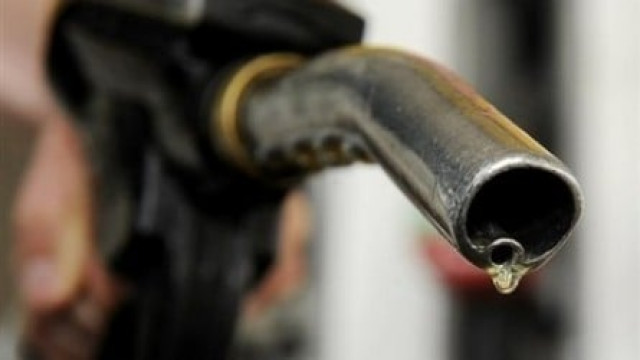Energy prices: PPP’s political troubles take their toll on the economy
President Zardari declines proposals on oil price increases and postpones the decision until next week.

Energy prices: PPP’s political troubles take their toll on the economy
In a meeting with Finance Minister Hafeez Sheikh, President Asif Ali Zardari declined to adopt either of the two proposals on oil price increases and postponed the decision until next week, citing political difficulties in announcing any price, which is likely to be unpopular. With the government’s popularity already low, the PPP-led administration feels it cannot afford to alienate the electorate at a time when it is gearing up for what is expected to be a tough political fight with the PML-N-led opposition.
Sources within the finance ministry say that Sheikh put forth two proposals. The first would increase domestic oil prices by 20 per cent, which would allow the government to recoup the cost of international oil imports as well as restore normal levels of petroleum taxes. Over the past three months, the government was forced by popular pressure to reduce the taxes in order to ease the pain of the price hike on consumers.
The second proposal would call for a 10 per cent increase in oil prices, exactly in line with international price movements, but would do nothing to restore the government’s revenues from taxing fuel consumption.
The president ruled out the first option completely as it would cause a sudden increase in retail petrol prices by between Rs12.30 and Rs14.44 per litre, even though the lower tax rates on oil have caused the government to lose Rs13 billion in revenues since November. The second proposal would have raised prices by between Rs5.52 and Rs7.5 per litre.
The president’s failure to adopt either proposal is likely to cost Rs24 billion in lost revenues and potential subsidies to the national exchequer, since prices are only decided once a month. A refusal to decide now effectively closes the window for increasing prices for another month.
Oil prices have surged in the past month owing to unrest in the Middle East. Brent Crude prices have risen from $96 last month to over $111 on Thursday, a rise of nearly 16 per cent, on the London-based Intercontinental Exchange, a commodity trading market. Analysts at Nomura Securities, a Tokyo-based investment bank, fear that a rupture in oil supplies from North Africa could send prices as high as $220 a barrel.
This is not the first time the government of Pakistan has refused to increase oil prices in line with international prices. The last time the government did so was in late 2007, when oil prices reached a peak above $140. The government’s refusal to move oil prices caused a sharp deterioration of the fiscal deficit, which the government responded to by printing hundreds of billions of rupees in order to pay for the oil subsidies. As a result, inflation hit a record 25.8 per cent in August 2008.
Among other consequences of the government’s decision not to move oil prices was the massive build up of liabilities amongst energy sector companies, which caused them to produce below capacity, leading to nationwide blackouts that last for several hours.
Published in The Express Tribune, February 25th, 2011.



















COMMENTS
Comments are moderated and generally will be posted if they are on-topic and not abusive.
For more information, please see our Comments FAQ